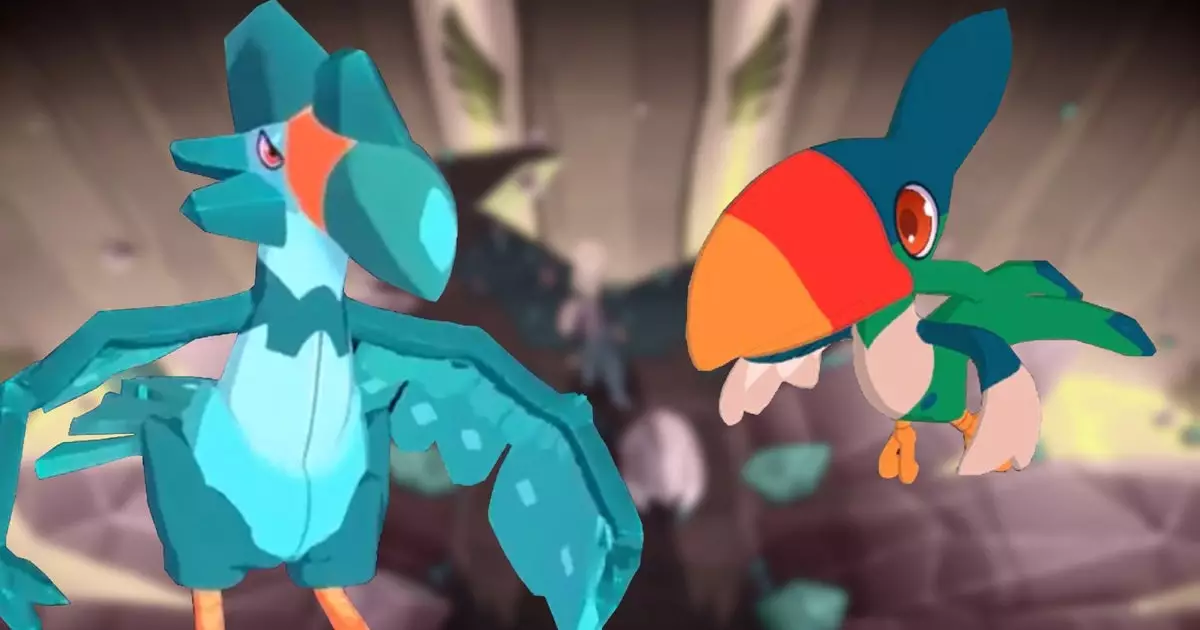In recent months, the indie game publishing scene has witnessed a series of upheavals, culminating in significant changes to well-known platforms and companies. The sudden layoffs of all 36 employees at Humble Games by its parent company, Ziff Davis, triggered a wave of concern within the independent gaming community. The announcement, initially made in July, cited “challenging economic times” as reasons for the drastic move, leading many to wonder about the viability of indie publishing in an increasingly competitive market.
However, amid this chaos, a glimmer of hope has emerged with the formation of Good Games Group, founded by former Humble Games executives Alan Patmore and Mark Nash. Their decision to establish a new indie publishing entity signals not only a drive to continue supporting indie developers but also provides an opportunity to forge a new path for their collaborators. By leveraging existing relationships with development partners from their days at Humble, Patmore and Nash are aiming to maintain the essence of indie creativity that initially drew them to the field.
Rebirth from the Ashes
The establishment of Good Games Group appears to be a strategic pivot rather than a departure from the model that served Humble Games. The collaboration with Ziff Davis indicates a commitment to providing ongoing support for previously released titles, ensuring that fans of games like *Carto*, *Temtem*, and *Midnight Fight Express* will still receive updates and attention. This partnership not only allows former Humble employees to retain ties with existing projects but also reinforces the critical role that indie developers play in the gaming ecosystem.
Within an industry that has often been characterized by devastating layoffs and corporate restructuring, the emergence of new entities like Good Games Group reflects a resilience that is vital for survival. The disappointment expressed by developers regarding the closure of Humble Games underscores the emotional impact of such changes. Many indie studios rely heavily on the support and resources provided by publishers, making any disruptions in this relationship particularly distressing.
Community Response and the Future
The response from the indie gaming community illustrates the interconnected nature of this industry. Developers expressed deep sorrow over the layoffs and the uncertain future of their partnerships. The heartfelt messages from studios such as the developers of *Signalis* highlight the camaraderie within the indie scene and the collective hope for all those affected by the layoffs to find new opportunities.
Despite these challenges, the advent of Good Games Group represents a potential rejuvenation for indie publishing. By focusing on collaboration, transparency, and empowerment, the new company has the opportunity to redefine its role in a market that often undervalues the artistic contributions of independent developers. As they chart this new course, their ability to navigate the complexities of the current economic climate while nurturing indie talent will be closely watched.
While the landscape of indie game publishing may be rocky and unpredictable, the formation of Good Games Group suggests that new opportunities are on the horizon. With a seasoned management team committed to fostering creativity and collaboration, the indie gaming sector may yet find a way to thrive amidst adversity.


Leave a Reply